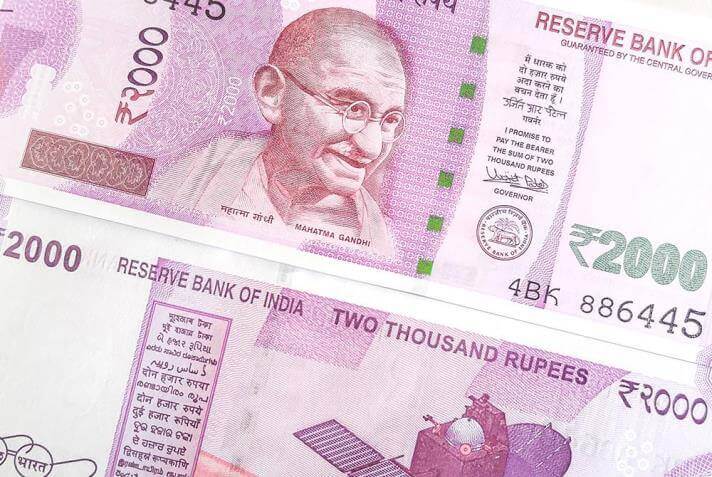
India’s Currency Move: Short-Term Pain Versus Long-Term Gain
By Kannan Venkataramani, Senior Portfolio Manager Asian Equity at NN Investment Partners
As bold economic actions go, few can rival the Indian government’s decision to take the country’s 500- and 1,000-rupee notes out of circulation. Prime Minister Narendra Modi took the unusual step of personally announcing the move in a televised address to the nation, underscoring its enormity.
The demonetisation of these notes which comprise almost 86% of the Indian currency in circulation — is aimed at eliminating “black money”, or unreported cash that may have been acquired corruptly and is being withheld from the tax authorities. The move will also curb financing of terrorism through the proceeds of counterfeit Indian currency, the government has said.
India has been grappling for decades with the country’s shadow wealth, which according to some estimates amounts to more than 20% of its GDP, or the equivalent of US$415 billion. Along with real estate and gold, cash is one of the most common ways to hide money. The 500- and 1,000-rupee notes are preferred by hoarders who want to stash large amounts in small bundles. The government hopes its move will help address the issue. But how will it impact the economy?
Short-term pain
The move will have a short-term negative impact. The demonetised notes can be exchanged at banks, but the government has imposed daily and weekly limits. Also, with banks requiring a photo identity proof before changing money, individuals who never declared the money in the first place may find it tough to prove why they need to change larger sums. That means a portion of the population might see part of their unaccounted wealth evaporate overnight, creating a negative wealth effect.
Undeclared cash is often used to fund real-estate transactions and purchases of gold, jewellery and other big-ticket luxury items in India. These sectors will be hit the most. Share prices of all major real estate developers in India slumped after the 8th November announcement.
Productivity across the economy may also suffer in the near future. With cash transactions becoming much harder, businesses will feel the impact of collection issues and working capital problems. The agricultural economy is largely cash-based and will be negatively impacted, especially given that this move comes ahead of the winter crop sowing season. We have seen sharp downgrades in near-term GDP growth estimates since this move. The economy will suffer for the next few months, no doubt, but that is a small price to pay for the huge benefits that can flow from this move.
Long term-gain
We believe that in the long run, the move will have a positive impact on the government’s finances and help boost economic growth.
In the first place, it sends a strong message that this government is tackling corruption and tax evasion, and that anyone who continues with such practices will face substantially higher risks and costs.
Secondly, it will accelerate financial inclusion for the people who need it most. The government has worked hard in the last two years to stimulate lower-income households to open savings accounts. If the currency action results in just a portion of these accounts being actively used, it will improve returns on savings and reduce costs for these households.
Thirdly, the increase in the share of non-cash transactions in a big-data world will make it increasingly difficult to under-declare income. Coupled with the proposed nationwide goods and services tax (GST), this can widen the tax net substantially. Improved tax compliance will increase government revenues, giving policymakers a much-needed shot in the arm for improvements to the nation’s infrastructure. This will create jobs, address a key impediment to economic productivity and further improve foreign direct investment.
India’s current government has been reform-minded from the start. Direct transfers of subsidies to bank accounts has stemmed leakage to corrupt middlemen, while the planned GST implementation will substantially improve the ease of doing business, bring huge productivity gains, and boost tax revenues. The government is now taking these reforms forward with a bold statement against corruption.

























